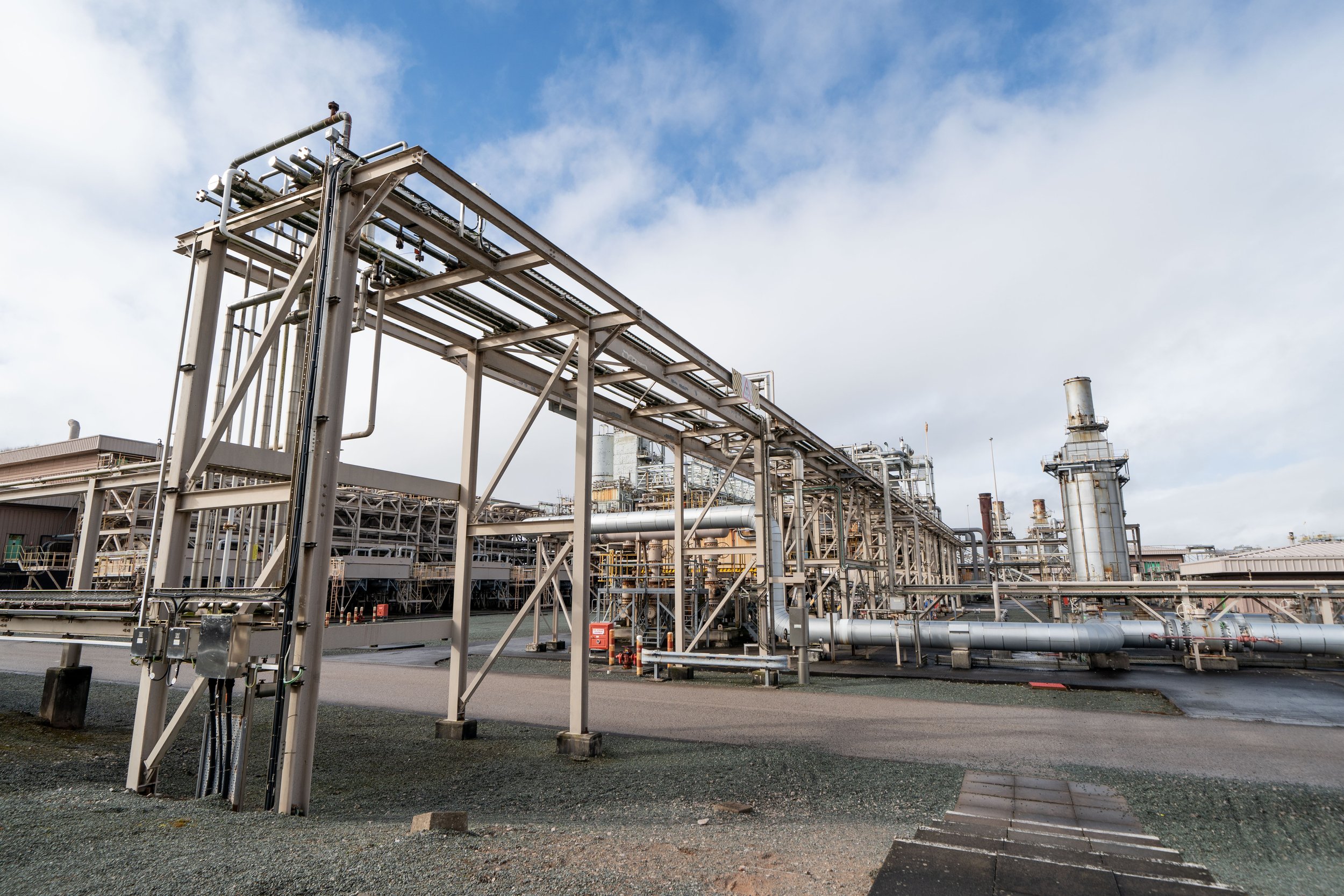MNZ Cluster signs Memorandum of Understanding with Peak Cluster to explore carbon storage solution for major cement and lime plants
The Morecambe Net Zero (MNZ) Cluster, a planned carbon dioxide storage facility off the coast of Barrow-in-Furness, has today entered into a Memorandum of Understanding (MoU) to explore storage opportunities for carbon dioxide (CO2) captured by the Peak Cluster. Together, MNZ and Peak Cluster will accelerate the UK’s journey to net zero.
Peak Cluster is a collaboration, decarbonising the heart of the UK’s cement and lime industry. Located in Derbyshire and Staffordshire along with neighbouring industries in Cheshire, Peak Cluster is made up of four of the UK’s leading cement and lime producers - Tarmac, Breedon, Lhoist and Aggregate Industries, alongside the Lostock Sustainable Energy Plant in Cheshire, working together with Progressive Energy, a low carbon energy project developer.
Spirit Energy, the company leading a consortium to deliver the MNZ Cluster, will transform the depleted North and South Morecambe gas fields into a world-leading carbon storage facility. This facility has the potential to be one of the biggest in Europe, and thanks to its natural geological capacity, the fields have the potential to store up to one gigatonne (one billion tonnes) of CO₂ in its lifetime.
The UK’s cement production industry is essential for Britain’s construction industry, contributing around £18 billion to the UK’s GDP, directly employing 81,000 people and supporting 3.5 million jobs. However, it is impossible to make cement and lime without generating CO2. The plants within Peak Cluster are responsible for 40% of cement and lime production in the UK, employing well over 1000 people but emit more than 3 million tonnes of CO2 per year. Through the MoU, MNZ and Peak Cluster will explore together how these organisations could access the MNZ Cluster’s permanent and safe storage solution.
Connecting Peak Cluster to the MNZ Cluster via pipeline will help vital industries continue operating within the UK, retaining jobs in their local communities, and supporting them on the pathway to net zero. The MNZ Cluster also has the potential to create thousands of new and innovative green jobs in the North West, in addition to supporting existing jobs in carbon-intensive industries as they decarbonise.
Neil McCulloch, CEO of Spirit Energy, said: “We are proud to sign this Memorandum of Understanding today, so that the MNZ Cluster can provide one of the UK’s most vital industries, the construction sector, with access to cost-effective decarbonisation. Capturing and storing carbon is essential to helping these industries on the path to net zero, enabling them to remain productive and supporting the thousands of jobs reliant on these sectors.”
John Egan, Project Director for Peak Cluster at Progressive Energy, said: “Peak Cluster will dramatically reduce carbon dioxide emissions from industry located across Derbyshire, Staffordshire and Cheshire, starting from 2030. Not only will this safeguard British jobs and maintain a booming supply chain, it will also enable the production of low carbon cement - essential for the UK economy and the construction of vital infrastructure such as homes, hospitals and clean energy production. We are delighted to see our collaboration extend to this agreement with MNZ.”
About Spirit Energy
We are a pioneering energy company with two shareholders: Centrica plc (69%), and Stadtwerke München GmbH SWM (31%). We operate in the UK and the Netherlands, with a 700-strong team, and 25 producing field interests.
Our portfolio and ambitions span the breadth of the energy transition. We’re continuing to break new ground, collaborating and thinking differently. Our strategy is focused on: safely delivering production from our existing assets; meeting and de-risking our decommissioning obligations, and pursuing strategic energy transition opportunities from our existing assets.
We’re proud of our heritage. With more than 30 years of production, we’re maximising the potential of our existing assets and substantial gas reserves in the UK and Netherlands. Above all, we live by our commitment to safety in everything we do. Our portfolio is predominantly gas (96%), providing vital, primary energy to fuel our homes and businesses in the UK and Europe.

